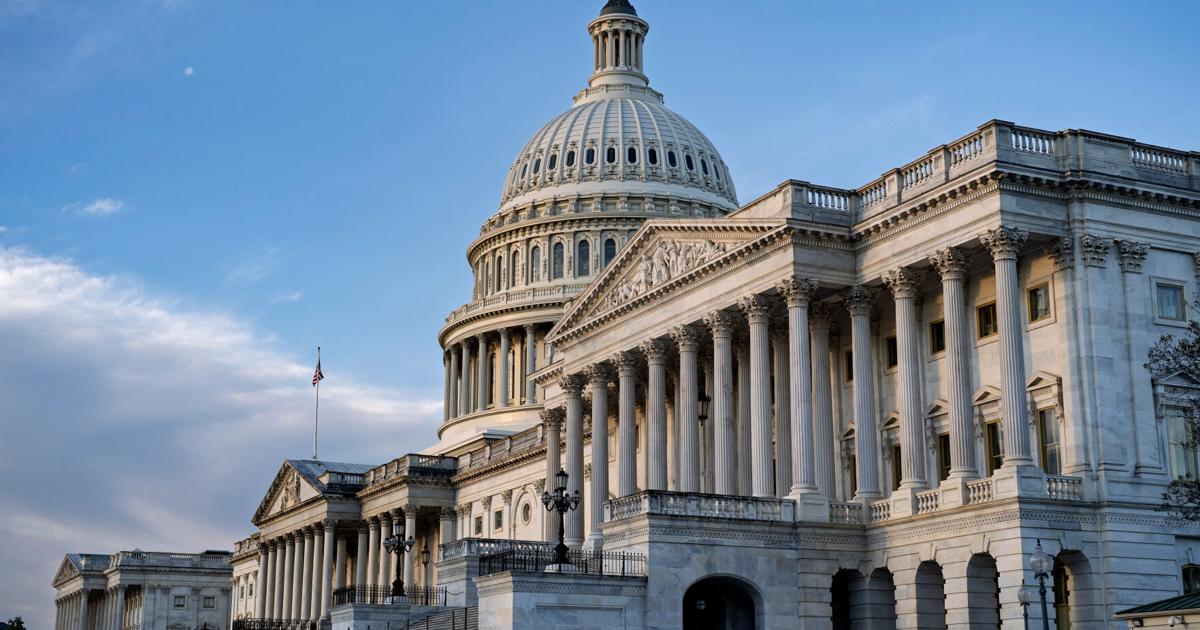Last week, the federal government faced a shutdown largely driven by disagreements over health insurance subsidies crucial for many Louisianans’ affordability. These enhanced premium tax credits, initially introduced during the pandemic through the American Rescue Plan Act, significantly lower monthly health insurance costs for individuals who purchase coverage through the Affordable Care Act (ACA) marketplace. Extended through 2025, these subsidies enable low-income enrollees to pay no premiums and limit payments for moderate-income families to 8.5% of their income.
According to a recent analysis from the Urban Institute, Louisiana is poised to be the hardest-hit state if these subsidies expire at year-end. The state could experience a staggering 61% drop in subsidized marketplace enrollment, translating to approximately 85,000 individuals losing their health coverage.
Many of those who recently lost Medicaid coverage during the eligibility unwinding found affordable options in the marketplace. “Louisiana’s marketplace enrollment has surged from roughly 120,000 in 2023 to nearly 300,000 today,” noted Kevin Callison, a health care economist at Tulane University. However, those with employer-sponsored health insurance are typically ineligible for these marketplace subsidies, leaving them few options.
“There’s no real other option at that point,” Callison added. “If you can’t afford the premium on the exchange, you probably then just become uninsured.”
The financial implications of losing these subsidies are steep. For instance, consider two 60-year-olds in Louisiana with a household income of $85,000: they would see their insurance costs soar from about $600 to $2,000 per month. Similarly, a family of four, with two adults in their 50s earning $90,000, could see monthly costs rise from around $390 to $700.
If the enhanced credits expire, the ACA’s pre-pandemic subsidy framework would be reinstated, offering minimal support. Residents in Louisiana earning between approximately 138% and 400% of the federal poverty level—around $21,600 to $62,600 for an individual—may still qualify for marketplace tax credits, but their accessibility to affordable premiums would depend significantly on local premium rates.
The current average benchmark silver plan premium for a 40-year-old enrollee stands at about $540 monthly, according to the Kaiser Family Foundation (KFF). This means a single individual earning about $50,000 could see their premiums increase from approximately $270 to around $415 a month if the enhanced subsidies disappear. Moreover, those earning over 400% of the poverty level would no longer be eligible for federal assistance, rendering them responsible for the entire premium cost.
Extending these subsidies would incur a cost of approximately $23 billion for the federal government next year and around $350 billion over the next decade, as projected by the Congressional Budget Office.
As the government shutdown persists, frustration surfaced on the Senate floor last Friday. “This shutdown is bone-deep, down-to-the-marrow, stupid,” remarked U.S. Senator John Kennedy, R-Madisonville. He highlighted that the pandemic has ended and accused Democrats of placing an expiration clause on the enhanced subsidies.
Health insurance costs in Louisiana have steadily escalated in recent years—up nearly 35% since 2018, from around $560 monthly to about $755 in 2023, based on federal marketplace data. Proponents of extending the subsidies argue that they have played a vital role in decreasing the uninsured rate in Louisiana and attracting younger, healthier individuals into the insurance pool, which is critical for the sustainability of the marketplace.
“These premium tax credits are what finally put the affordable into the Affordable Care Act,” stated Jan Moller, director of Invest Louisiana. “We should not think about this as just a COVID thing that expired.”
If premiums continue to inflate, many may find themselves unable to afford insurance. “Their first obligation is to pay the rent, pay the light bill, put food on the table, put gas in the car, and health care is very important, but it comes after that, especially if you’re a healthy person,” Moller explained. For those with chronic health conditions, absorbing higher costs would become a challenging reality.
As open enrollment for ACA plans kicks off on November 1, insurers are set to finalize their plans without the expectation that credits will continue. Those enrolled through the marketplace—often small-business owners, self-employed individuals, and others lacking employer-sponsored coverage—will face the greatest impact. “A lot of people won’t know about it until they get their renewal letter in the mail from their exchange plan that says their premium is going from $300 a month to $900 a month or whatever it is,” Callison warned.






